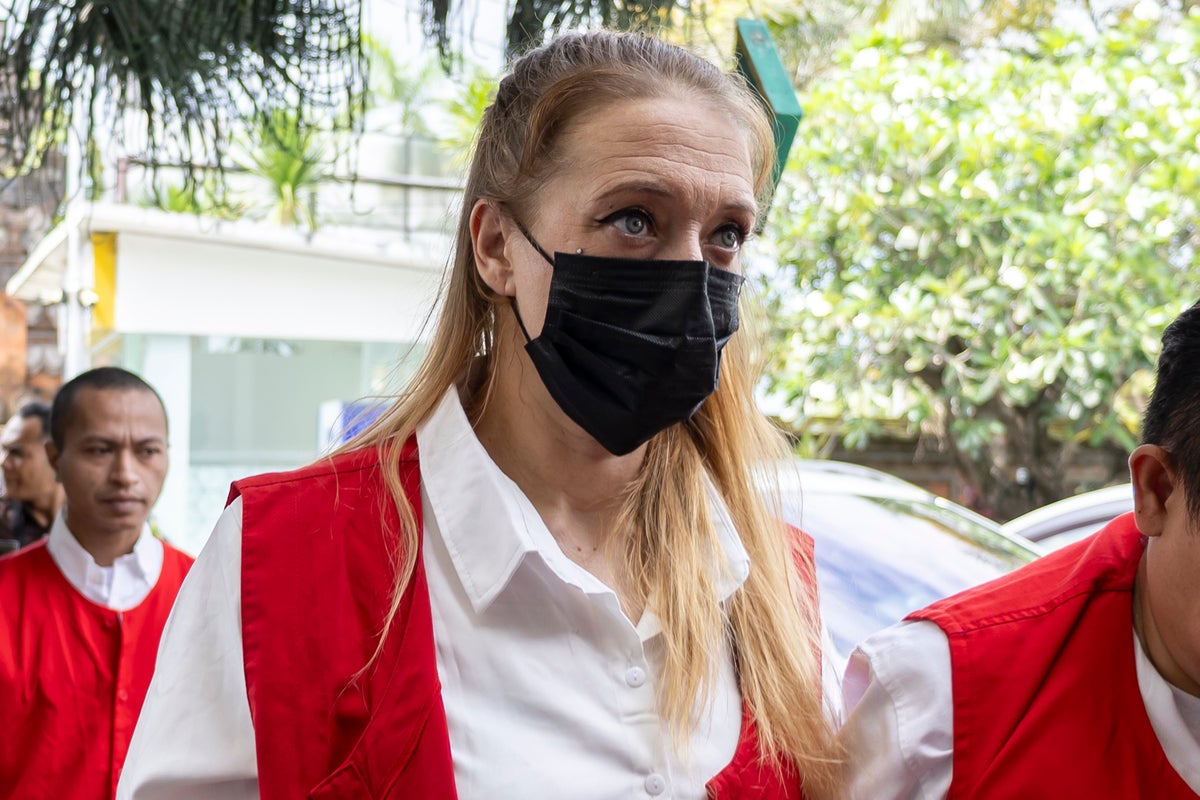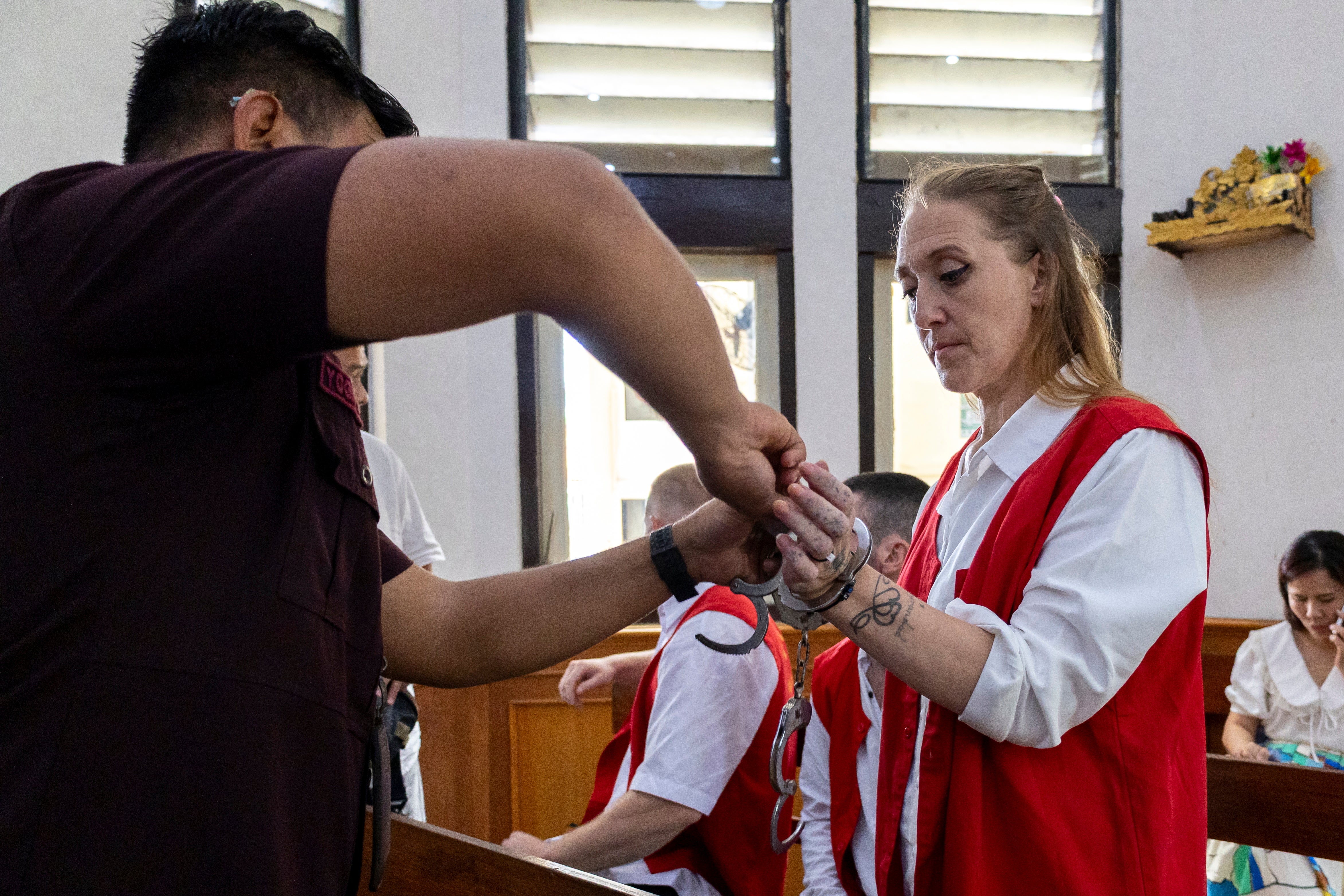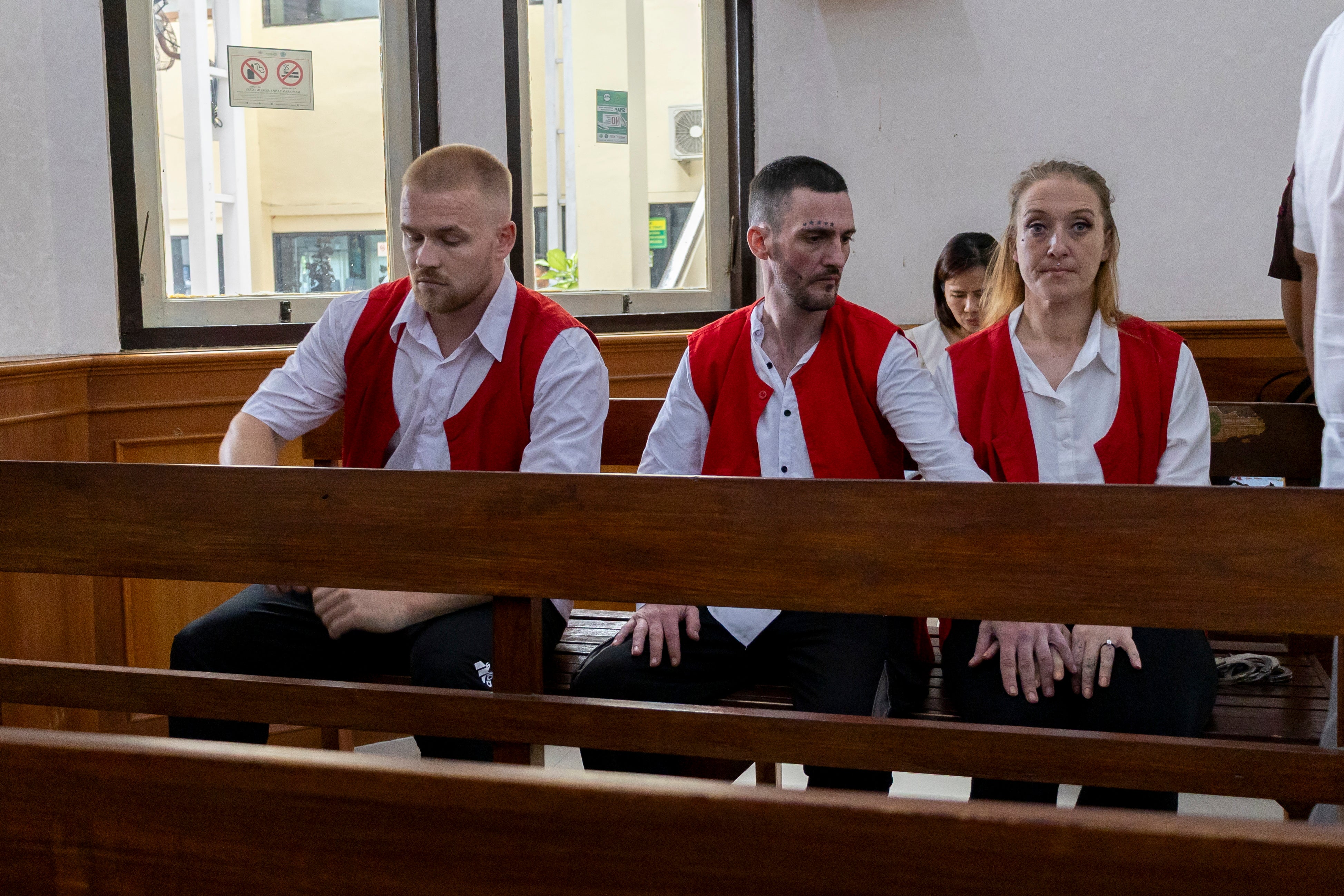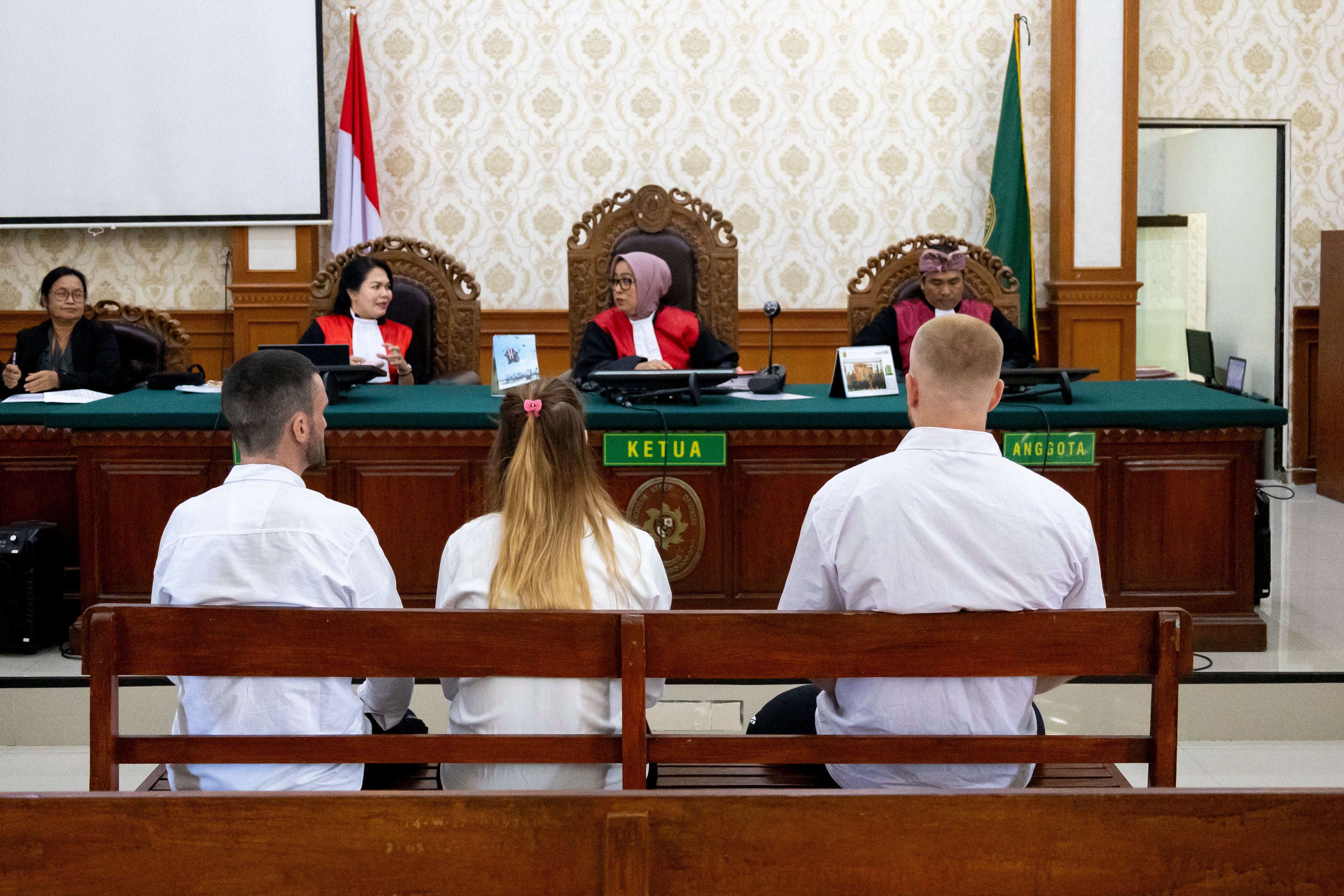
A British woman facing a lengthy jail sentence for allegedly smuggling cocaine into Bali inside Angel Delight sachets has claimed she was set up by a friend.
Lisa Ellen Stocker, 39, told a court she was framed after customs officials found suspicious items disguised as food packages in her luggage when she arrived in Bali on 1 February. Officials also discovered similar sachets in luggage belonging to her partner Jonathan Collyer.
Last week, prosecutor I Made Dipa Umbara said that lab testing had confirmed that seven sachets of Angel Delight powdered dessert mix discovered in Ms Stocker’s luggage and ten sachets found in Mr Collyer’s contained a combined 993 grams of cocaine, worth an estimated £272,212.
Appearing in court this week, Ms Stocker denied any knowledge of the drugs.

"The packages were not mine, but someone else’s. I was framed,” she said in court on Wednesday, according to the Daily Mail.
The group successfully smuggled cocaine into Bali on two previous occasions before being caught on their third attempt, said Ponco Indriyo, the Deputy Director of the Bali Police Narcotics Unit, during a news conference in Denpasar on 7 February.
Speaking in court, Ms Stocker said she had been given the packets of Angel Delight by a man she claimed was a friend in the UK. She alleged the man had asked her to take the packets to Bali.
“Jon and I had been to Bali twice carrying packages from [him]. I was shocked after finding out it was cocaine,” she said, the Daily Mail reported.
Mr Collyer said that he had paid for the Bali trip himself, and had not received any payment.
“[He] gave me some goods he handed over to his friend in Bali,” he said.
“[He] told me the package contained snacks, such as chocolate, pudding and chips.”

Mr Collyer said he was told someone would pick the package up in Bali.
But the Indonesian prosecutor alleges Mr Collyer was given £2,130 to cover flights and accommodation for the couple.
A third Briton, Phineas Ambrose Float, was arrested in a sting operation in which the other two suspects allegedly handed the drug to him in the parking area of a hotel in Denpasar. He is being tried separately.
The drugs were brought from England to Indonesia with a transit in the Doha international airport in Qatar, Mr Umbara said.
Indonesia has strict laws around drug smuggling, and convictions for smuggling large quantities of drugs have in the past carried the death penalty. Death row prisoners in Indonesia are sometimes executed by firing squad, but there have been no capital punishments in Indonesia since 2017.
A lawyer representing the three Britons told the BBC in February that they would each face between 15-20 years in an Indonesian prison if convicted.

About 530 people, including 96 foreigners, are on death row in Indonesia, mostly for drug-related crimes, the latest figures from the Ministry of Immigration and Corrections show.
Indonesia's last executions, of an Indonesian and three foreigners, were carried out in July 2016.
In 2015, two members of the so-called “Bali nine” group of convicted drug smugglers from Australia were executed by firing squad, after the group were arrested in 2005 attempting to smuggle heroin out of Indonesia.
Earlier this year British man Thomas Parker was sentenced to 10 months in prison in Bali for drug offences, after being arrested for collecting a package that contained 1kg of MDMA.
With additional reporting from Associated Press







